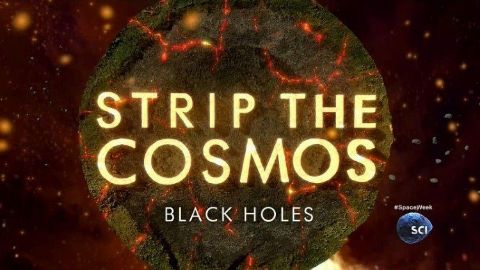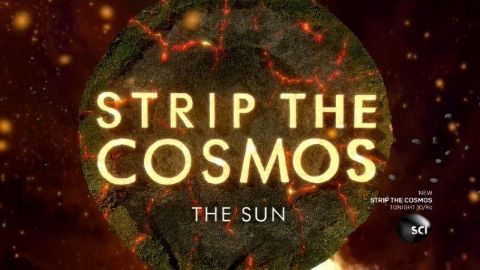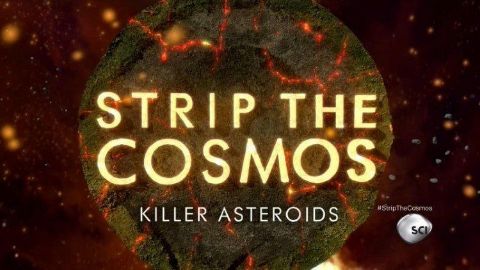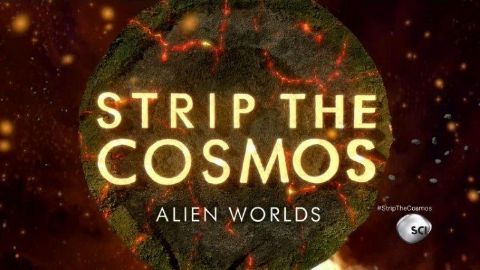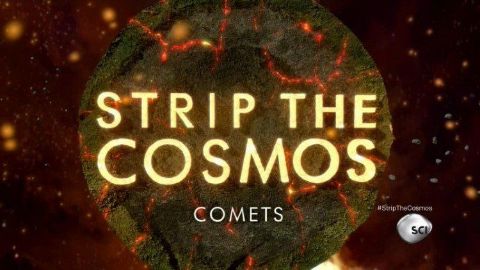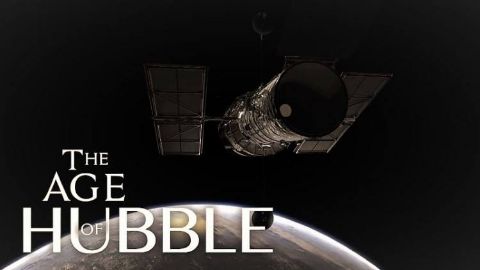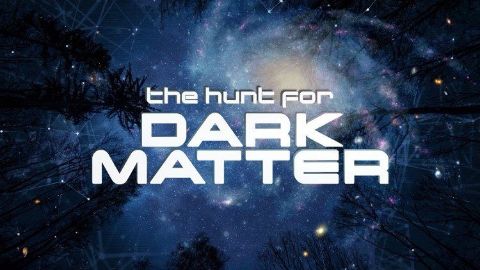Strip the Cosmos • 2014 • 5 episodes •
We strip apart black holes, one of the most feared objects in the universe, and tear off swirling galaxies of stars, planets, and cosmic dust layer by layer to explore the secrets of these hungry menaces lurking right on our cosmic doorstep.
2014 • Astronomy
We strip apart asteroids and peel back surfaces, slice open craters, and exploding out rocks layer by layer to explore these miniature worlds and the secrets of the early solar system.
2014 • Astronomy
We strip apart bizarre planets and strange moons and peel away impenetrable atmospheres, icy crusts and alien oceans layer by layer to reveal the secrets to extraterrestrial life.
2014 • Astronomy
